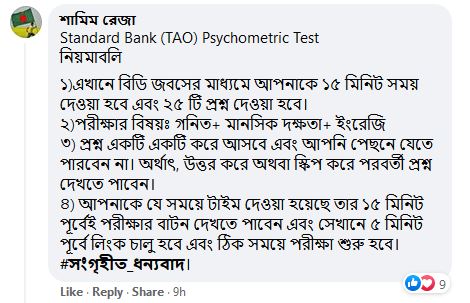Psychometric Exam Sample Question
Psychometric Testing Areas
Beyond the challenge of correctly understanding and answering the test questions, another hurdle is overcoming the time constraints.
Both aptitude tests and assessment day exercises have time frames which allow candidates to be assessed on how well they cope with time pressure.
Keeping all these things in mind, it is no wonder that practising beforehand for your assessments is crucial to your success.
- Aptitude Tests: These tests have the goal of assessing various cognitive abilities from numeracy and literacy skills to spatial awareness and more.
- Behavioural Tests: These tests are intended to highlight specific personality traits that could indicate suitability for specific roles. These can come in the form of personality questionnaires, leadership tests, motivation tests and situational judgement tests.
- Assessment Centres: Assessment centres are based on human interaction assessments. Various exercises utilise job-specific skills and simulations and are usually carried out by assessors/psychologists.
Types of Psychometric Tests
Psychometric tests are used to measure a variety of skills needed to fulfil the duties of the job they are associated with. Continue reading to find out more on what each type of psychometric test measures as well as the concepts you are sure to encounter:
Numerical Tests
These tests assess your ability to answer questions accompanied by graphs, tables, number sequences and word problems. There are two distinct levels of numerical tests: numeracy tests and numerical reasoning tests.
Verbal Tests
Verbal assessments are used to evaluate your ability to understand the information and tone expressed via written text. The most common answering style during a verbal assessment is to select ‘true’, ‘false’ or ‘cannot say’ for each statement you encounter. Verbal testing is typically found in the form of text analysis and linguistically based questions.
Logical Tests
Logical tests are mainly non-verbal. A few examples of logical reasoning tests are:
Abstract Reasoning: During an abstract reasoning test you will be asked to draw logical conclusions based on the information expressed through shapes, patterns and words.
Inductive Reasoning: These tests often include a series of shapes or matrices. You will need to decide which image comes next in a series or which one is missing in order to complete the series. You can try a free inductive reasoning test on our website.
Deductive Reasoning: These tests are designed to examine your ability to apply a set of rules onto a specific example.
Diagrammatic Reasoning: These tests involve drawing logical conclusions based on visual representations. Diagrammatic reasoning tests are similar to abstract, inductive and deductive reasoning tests.
Technical Tests
These tests are administered for technically oriented jobs such as skilled and non-skilled technicians, mechanics, machine operators, etc. Technical tests are designed to evaluate your numerical, visual, mechanical and/or spatial skills. These tests do not, in most cases, require prior knowledge of technical, but indicate your aptitude for technical skills.
Spatial Reasoning Tests
During a spatial reasoning test, you will be assessed on your ability to navigate 2D and 3D images. These tests evaluate your spatial visualisation, mental folding and mental rotation abilities, as well as your spatial and visuospatial function.
Mechanical & Electrical Reasoning Tests
Mechanical and electrical aptitude tests assess your basic understanding of mechanical and electrical concepts and terminology. The test you take may also require higher levels of analysis, including some amount of numerical calculations and an industry-specific context depending on your job level.
Error-Checking Tests
These tests assess your attention to detail and your ability to spot errors. Error-checking tests are used in a variety of different industries, including marketing, education, hospitality, engineering, etc.
Concentration Tests
These tests require to perform specific tasks quickly and accurately. Concentration tests are given as part of the recruitment process for many roles including administrative and clerical, pilots, train drivers and other railway workers.



